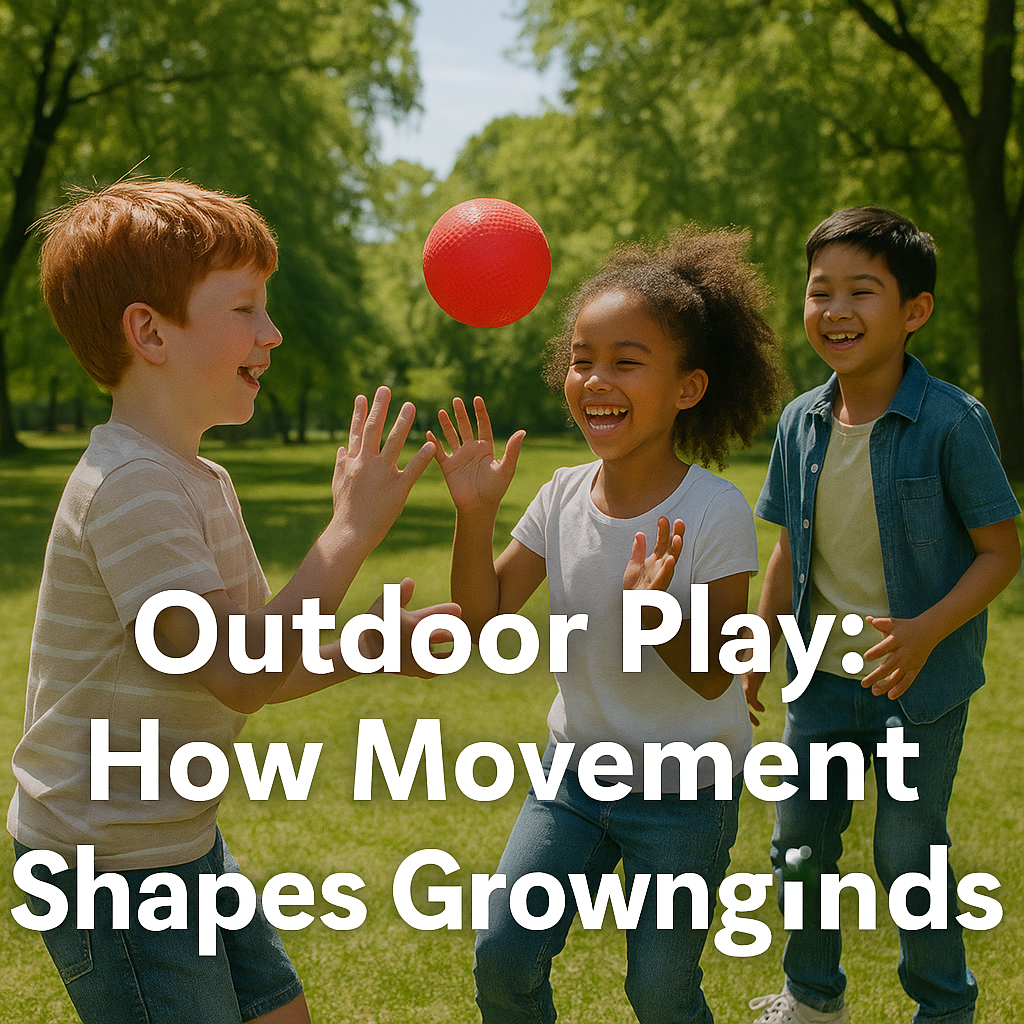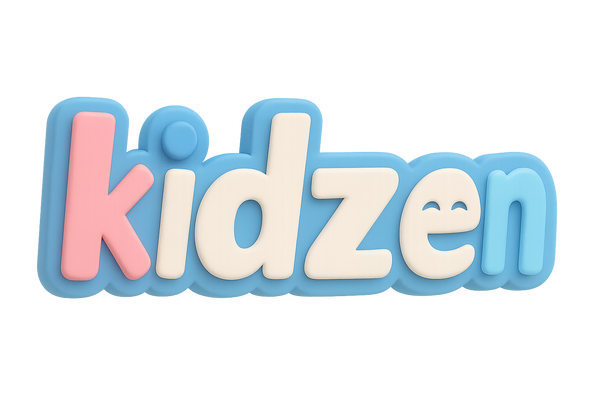
Outdoor Play: How Movement Shapes Growing Minds
Share
Introduction
When children run, jump, and play outdoors, they are doing more than just burning off energy. Outdoor play builds stronger bodies, sharper minds, and happier hearts. From climbing trees to playing catch, movement-based play is essential for healthy childhood development.
The Science of Movement and Cognition
Physical activity isn’t just good for muscles and bones—it boosts brain function, too. A 2018 study in Frontiers in Psychology found that children who engaged in regular physical activity had better attention spans and higher problem-solving skills (Donnelly et al., 2018). Movement stimulates blood flow to the brain, supporting memory and learning.
Emotional and Social Growth Outdoors
Outdoor play helps children regulate their emotions and develop resilience. A 2020 Journal of Child Psychology and Psychiatry review highlighted that active play in natural environments lowers stress levels and supports emotional stability (Tillmann et al., 2020). Games like catch or tag also encourage teamwork, cooperation, and empathy—skills that last long beyond childhood.
Practical Outdoor Play Ideas
-
Catch & Throw Games: Build coordination and focus.
-
Bike Rides with Parents: Improve endurance while creating family bonding moments.
-
Nature Treasure Hunts: Spark curiosity and observational skills.
-
Jump Rope & Hula Hoops: Fun cardio that improves rhythm and timing.
Closing
Outdoor play is not just a break from routine—it is a foundation for growth. Encouraging kids to move freely outside shapes stronger bodies, more creative minds, and more balanced emotions. In a world filled with screens, the simple joy of movement is one of the greatest gifts we can give our children.
